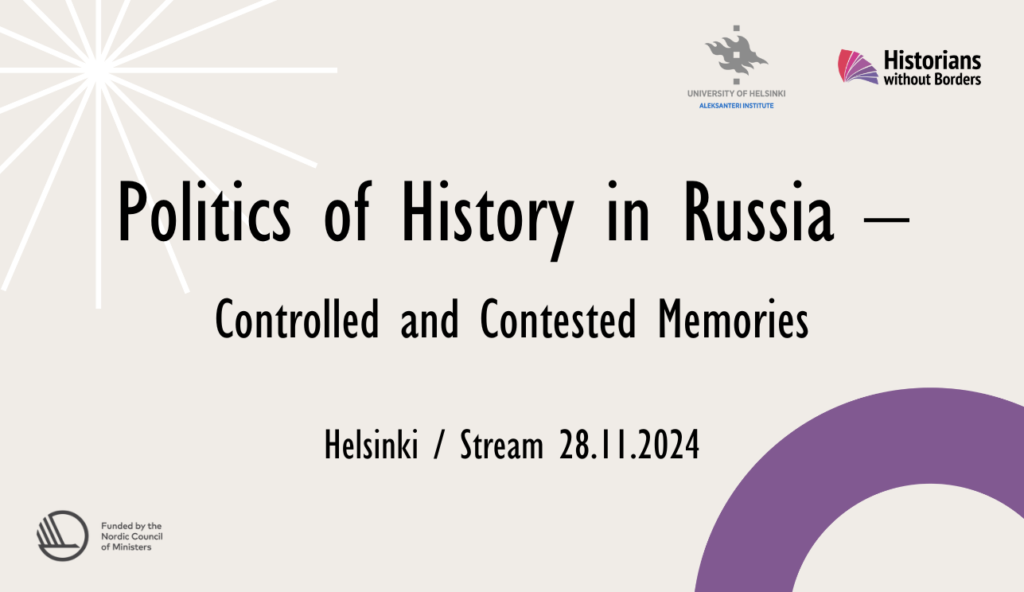Save the date for the seminar “Politics of History in Russia – Controlled and Contested Memories,” taking place in Helsinki on November 28, 2024 at 16:00-20:00 (EET).
Organized by Historians without Borders in Finland in partnership with the Aleksanteri Institute at the University of Helsinki, the event will critically examine Russia’s memory politics and how history can be manipulated for political purposes. Leading scholars and experts will explore the implications of these memory politics, both within Russia and for the Nordic and Baltic regions. The seminar will feature, among others, a key note lecture by Alexandra Polivanova, Board Member of the Memorial International (Nobel Peace Prize Laureate, 2022). You’re warmly welcome!
The event will also be streamed online. Pre-registration for the event is required.
The event is a part of History in Exile: Dialogue on Russian Memory and History Politics in the Nordic and Baltic Countries, a project launched by Historians without Borders in Finland and funded by the Nordic Council of Ministers.
Politics of History in Russia – Controlled and Contested Memories
Date and Time:
Thursday, November 28, 2024
16:00–20:00 (EET)
Venue:
Porthania, Suomen Laki Hall, Yliopistonkatu 3, Helsinki, Finland
This event critically examines Russia’s memory politics and explores how history has been manipulated to serve political purposes. Leading scholars and experts analyze the implications of these practices both within Russia and for the broader Nordic and Baltic regions.
Recording:
The recording of the seminar is available on Historians without Borders’ Youtube channel:
Program:
16:00 – 16:10
Opening Remarks
Erkki Tuomioja, Chairman of Historians without Borders in Finland
- Markku Kangaspuro, Director of the Aleksanteri Institute
16:10 – 16:50
Keynote Presentation:
Alexandra Polivanova, Memorial (Nobel Peace Prize Laureate, 2022)
Sights and Memory – Changing interpretations of Soviet History in Russia after February 24, 2022
16:50 – 17:20
Discussants:
-
Mikhail Nakonechnyi, University of Helsinki
-
Jukka Korpela, University of Eastern Finland
Moderator: Ambassador René Nyberg
17:20 – 17:40
Audience Q&A
An open floor discussion for the audience to ask questions.
17:40 – 18:00
Coffee Break
18:00 – 19:30
Panel Discussion:
Contesting History: Russia’s Memory Politics and Its Global Impact
This panel will explore how Russia manipulates historical narratives for political purposes and the global impact of these efforts. Experts will discuss Russia’s shift from international collaboration to a more isolated, state-driven interpretation of its past, the role of unresolved historical memories in shaping post-Soviet identities, and the challenges of teaching history to Russian students abroad, particularly in the context of exile and emigration.
Moderator: Markku Kangaspuro, Aleksanteri Institute
Panelists:
Ilya Solomeshch, OSUN Scholarship Fellow, European Humanities University
Katerina Suverina, Postdoctoral Fellow, the Zukunftskolleg, University of Konstanz, Germany
Kati Parppei, Lecturer the University of Eastern Finland
Kirill Levinson, History teacher, Guliverio Akademija Vilnius
19:30 – 19:45
Audience Q&A
An open floor discussion for the audience to ask questions to the panelists.
Note: The event will be live-streamed online. For online participants, the link to the stream will be shared via email prior to the event. Remember to register to the event also for the live-stream.
Organized by:
Historians without Borders in Finland
In partnership with the Aleksanteri Institute, University of Helsinki
Registration:
Registration to the event is required. Please register by filling out the registration form:
Speakers:
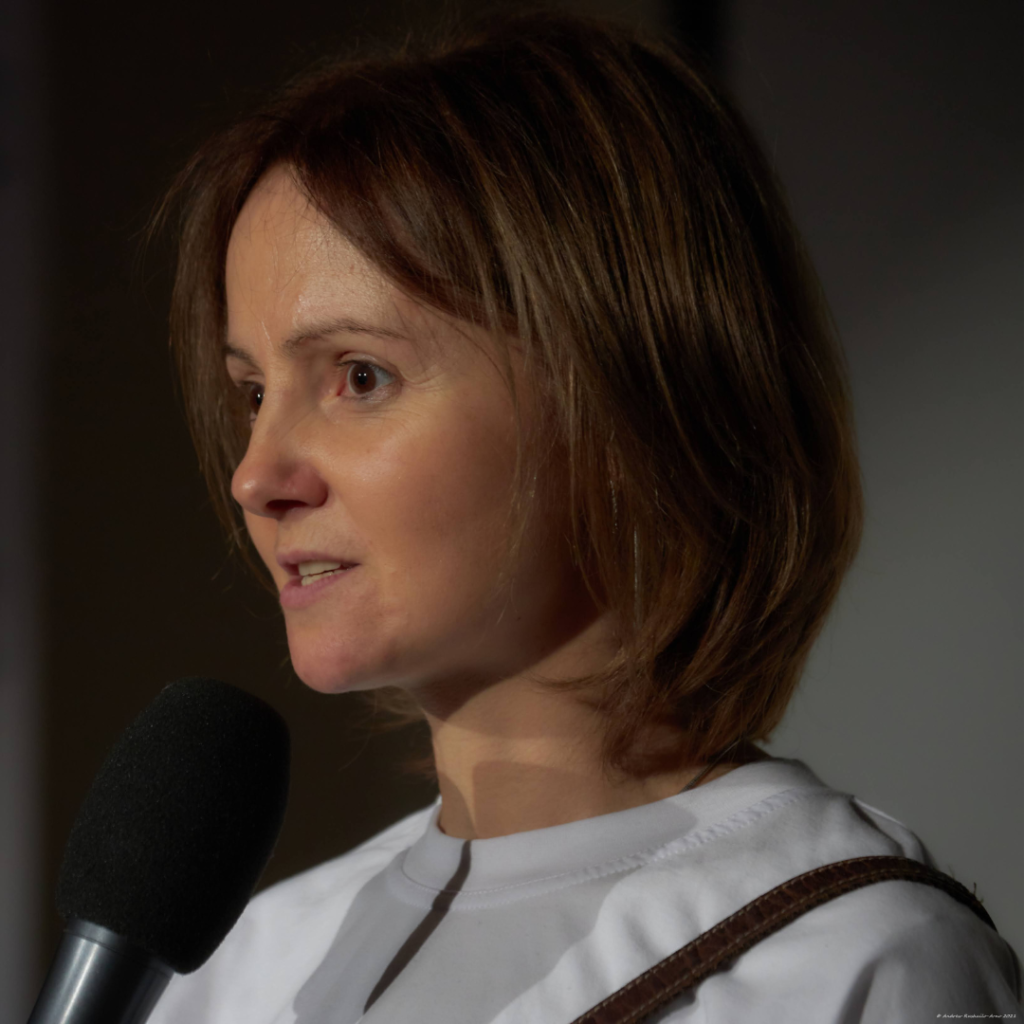
Alexandra Polivanova, born in Moscow, has studied Scandinavian and Russian history and social psychology in Russia, Sweden, and the US. Since 2013, she has led the program “Moscow. Topography of Terror” and other research-based urban memory -activism projects. She was a board member of the liquidated Memorial International and now is leading Memorial’s media.
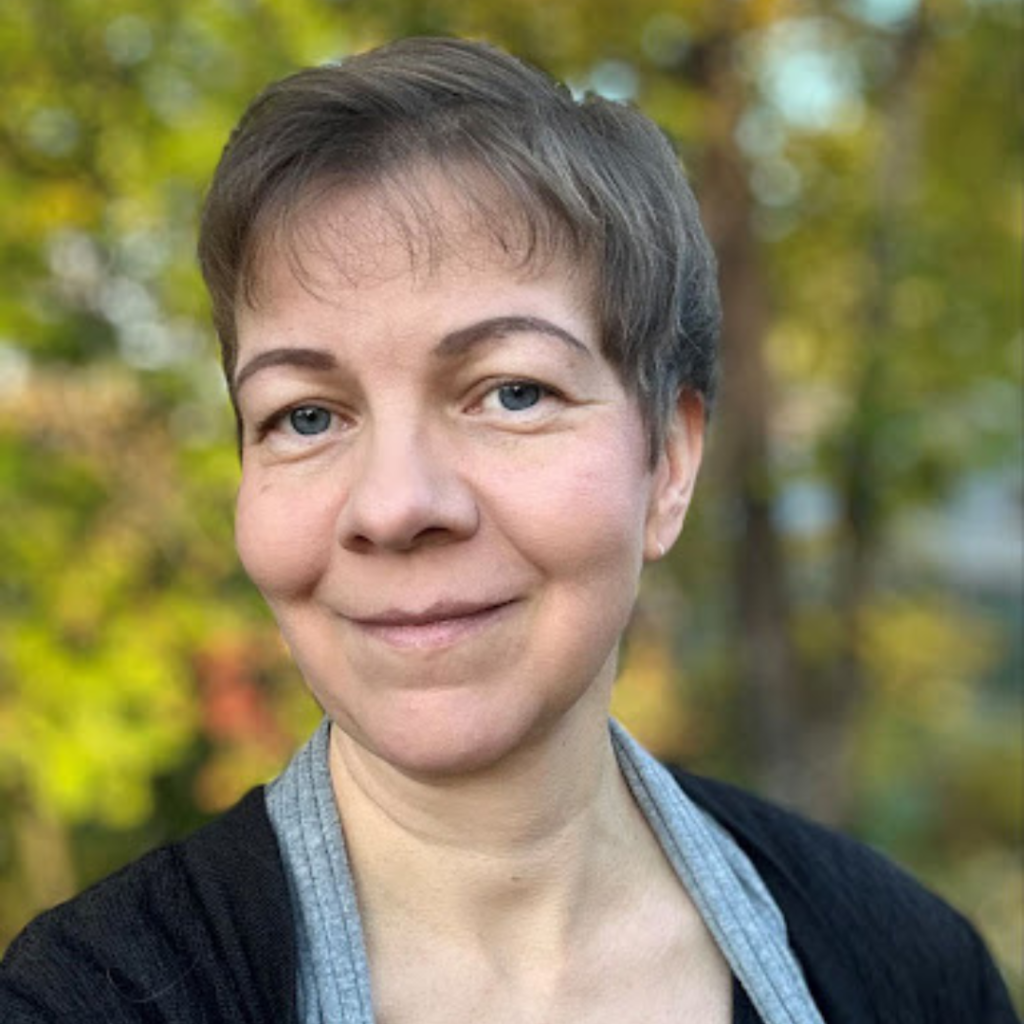
Kati Parppei is a historian and a university lecturer (title of docent) at the Department of Geographical and Historical Studies at the University of Eastern Finland. She holds a title of docent at National Defence University (Finland) and is also a Life Member of Clare Hall, University of Cambridge (UK). Her areas of expertise include image studies, Russian history, and borderland issues. She is especially interested in the popular representations and uses of the past, and politicization of history.
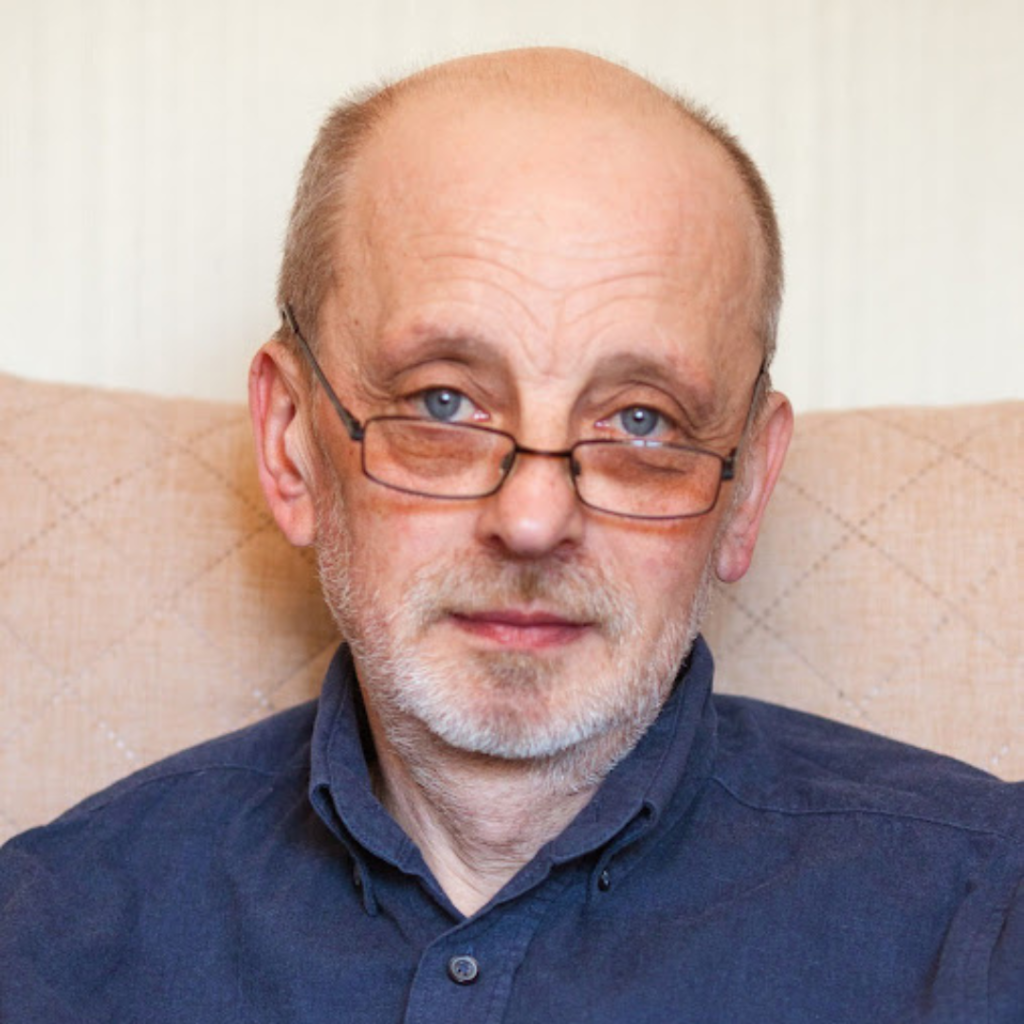
Ilya Solomeshch is a specialist in the history and historiography of Finland, Karelia and Russia, and the history of Russian-Finnish relations. He is the author of more than 90 scholarly publications. Till 2023, he had been working at Petrozavodsk State University, where, i. a., he was one of responsible persons for the Nordic History Study Programme. After relocating to Lithuania, he has been a Grant Fellow at the European Humanities University and a lecturer at the “Education Initiative Vilnis” (NGO). He is also a part of research and educational activities of the Karjalan Sivistysseura.
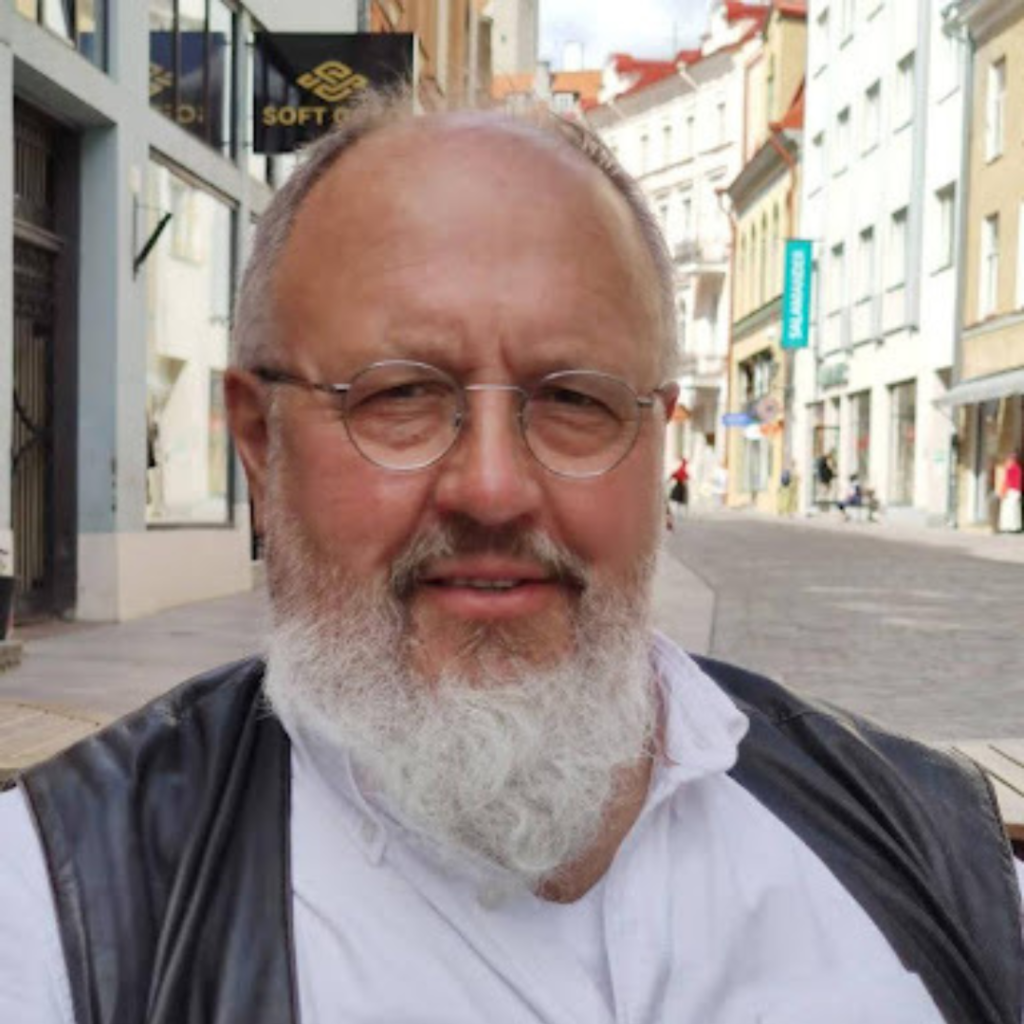
Jukka Korpela is a Professor of General History at the University of Eastern Finland, with a focus on the legitimization of power and its historical roots in (Eastern) European societies. His research spans topics such as the Russian state, the separation of criminality and power, and the East European slave trade, with numerous publications including his recent book Muinais-Venäjän myytti (2023).
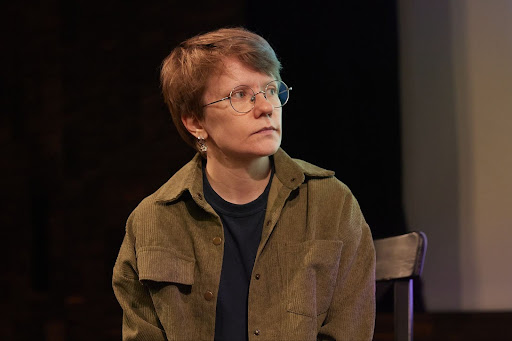
Katerina Suverina (PhD, she/her) is a co-founder of The February Journal. She is a research associate at the Zukunftskolleg, University of Konstanz, Germany. In her research, teaching, and museum work, she is concerned with critical theory, queer studies, medical humanities, public history, and gender studies. She has also written on trauma, contemporary Russophone cinema, and young adult literature. Since 2020, she has been leading a research project on the cultural history of HIV/AIDS in the late USSR and contemporary Russia.

Mikhail Nakonechnyi received his PhD from the University of Oxford in 2020 and is currently a University Researcher and Principal Investigator of the ERC Starting Grant, “Death, Smoke, and Mirrors: Manipulation of Health Data in Liberal and Authoritarian Custodial Institutions” (2024-2029) at the University of Helsinki. His project investigates how penal authorities conceal prisoners’ poor health, focusing on British metropolitan, Indian colonial, American, and Soviet-Russian prisons and camps. Previously, Nakonechnyi worked on the ERC-funded Carceral Archipelago Project at the University of Leicester and served as a postdoctoral researcher on the ERC-funded GULAGECHOES project at the Aleksanteri Institute, University of Helsinki. His primary research interests lie in the global history of penality, healthcare in prisons, and the falsification of health data by criminal justice bureaucracies.
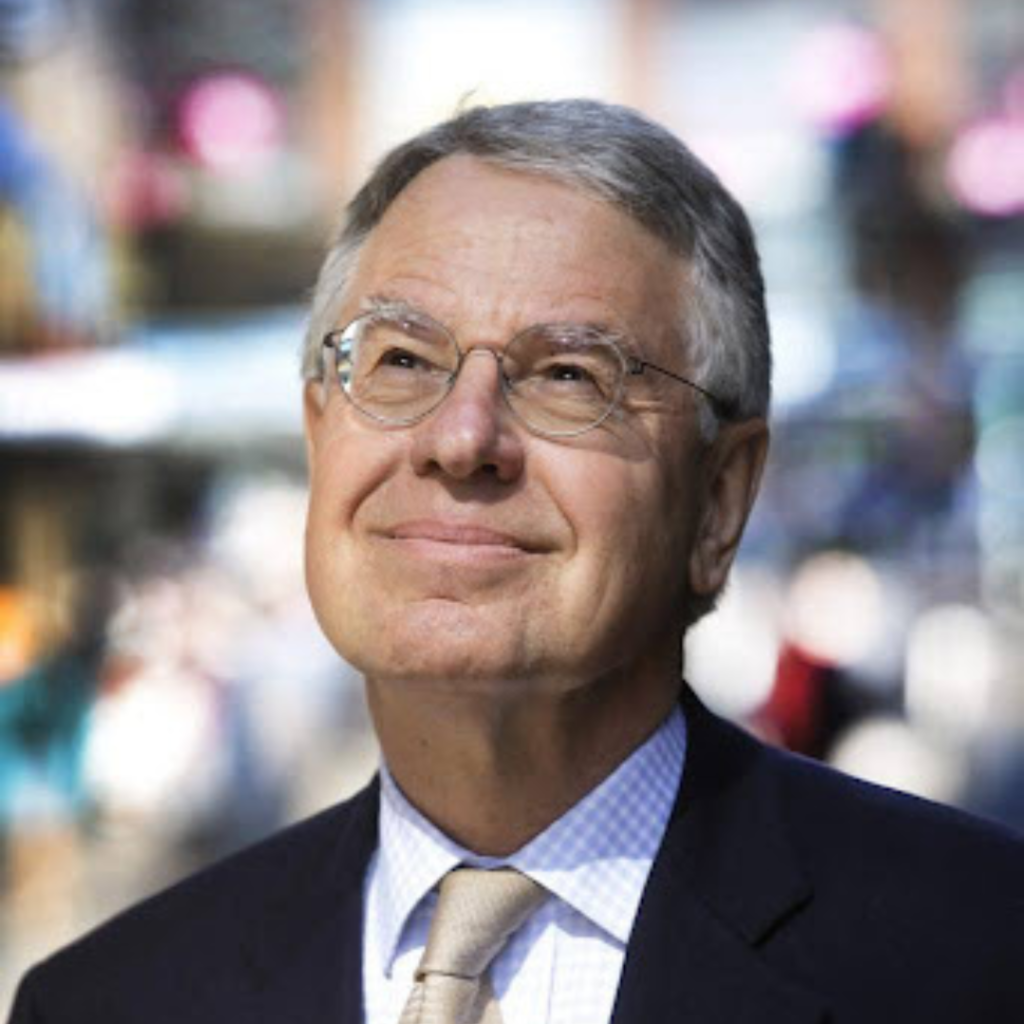
Ambassador René Nyberg is a Finnish diplomat with expertise in Nordic security policy and Finnish-Soviet relations, having served as Finland’s Ambassador in Vienna (OSCE), Moscow, and Berlin. Fluent in several languages, he has published on Finnish-Soviet relations and played a key role in lifting Finland’s postwar sovereignty restrictions. Nyberg currently advises on Finnish-Russian economic relations and holds the rank of Major (reserve) in the Finnish Army.
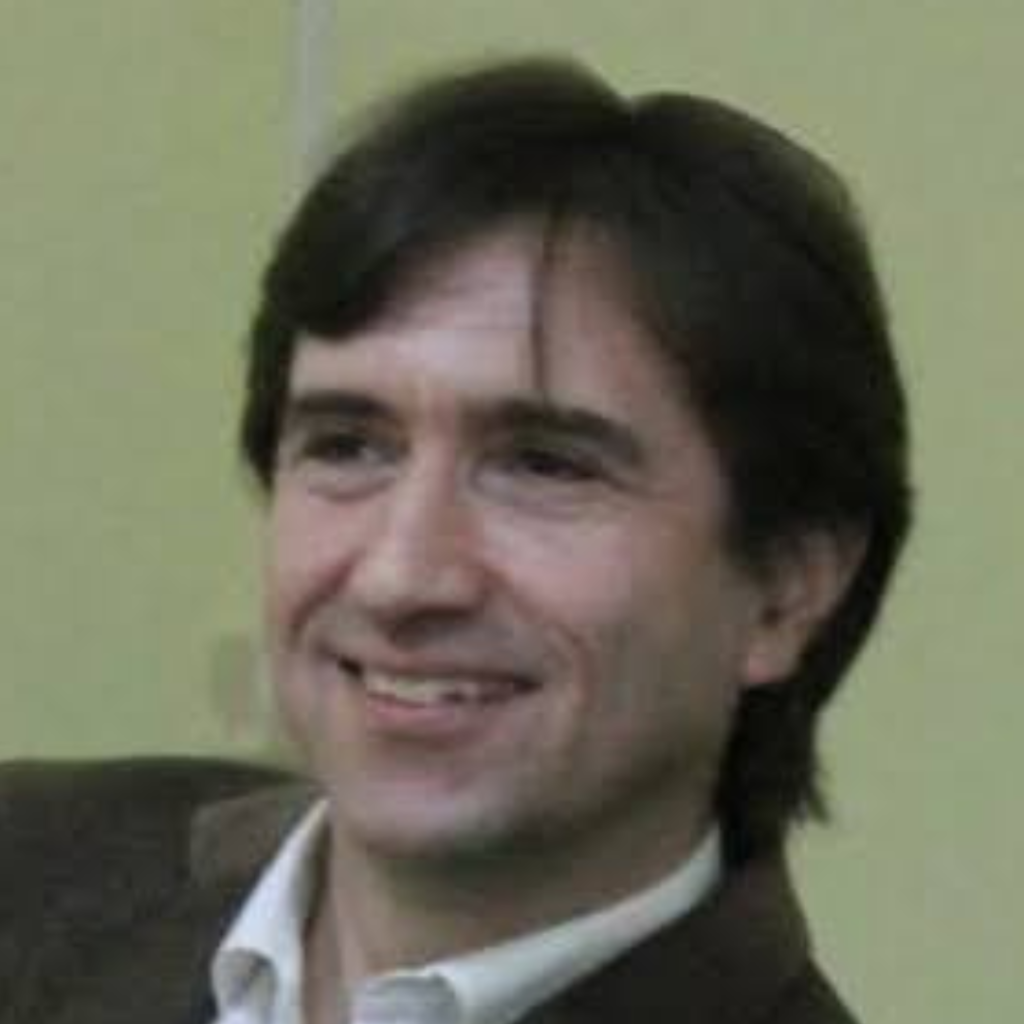
Kirill Levinson is a historian with PhDs from Lomonosov Moscow State University in early modern urban administration in the Holy Roman Empire and in the cultural history of schooling in Germany and Russia. He worked at the Russian Academy of Sciences and later at the Higher School of Economics in Moscow, focusing on the history of education, especially history of schoolbooks. Since 2022, he has been based in Lithuania, teaching history and English at a private school and European Humanities University in Vilnius.
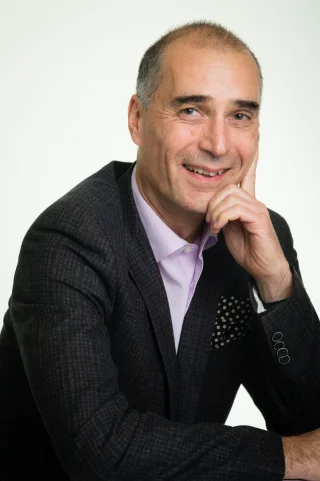
Markku Kangaspuro is the Director of the Aleksanteri Institute at the University of Helsinki, specializing in Russian and Eastern European studies. His research addresses nationalism, identity formation, and state-building in post-Soviet regions, with a particular focus on Russia’s political history and societal transformation. He has extensively analyzed the interplay between history, memory, and political discourse in Russia.
Contact:
For additional information, please contact: hix@hwb.fi

